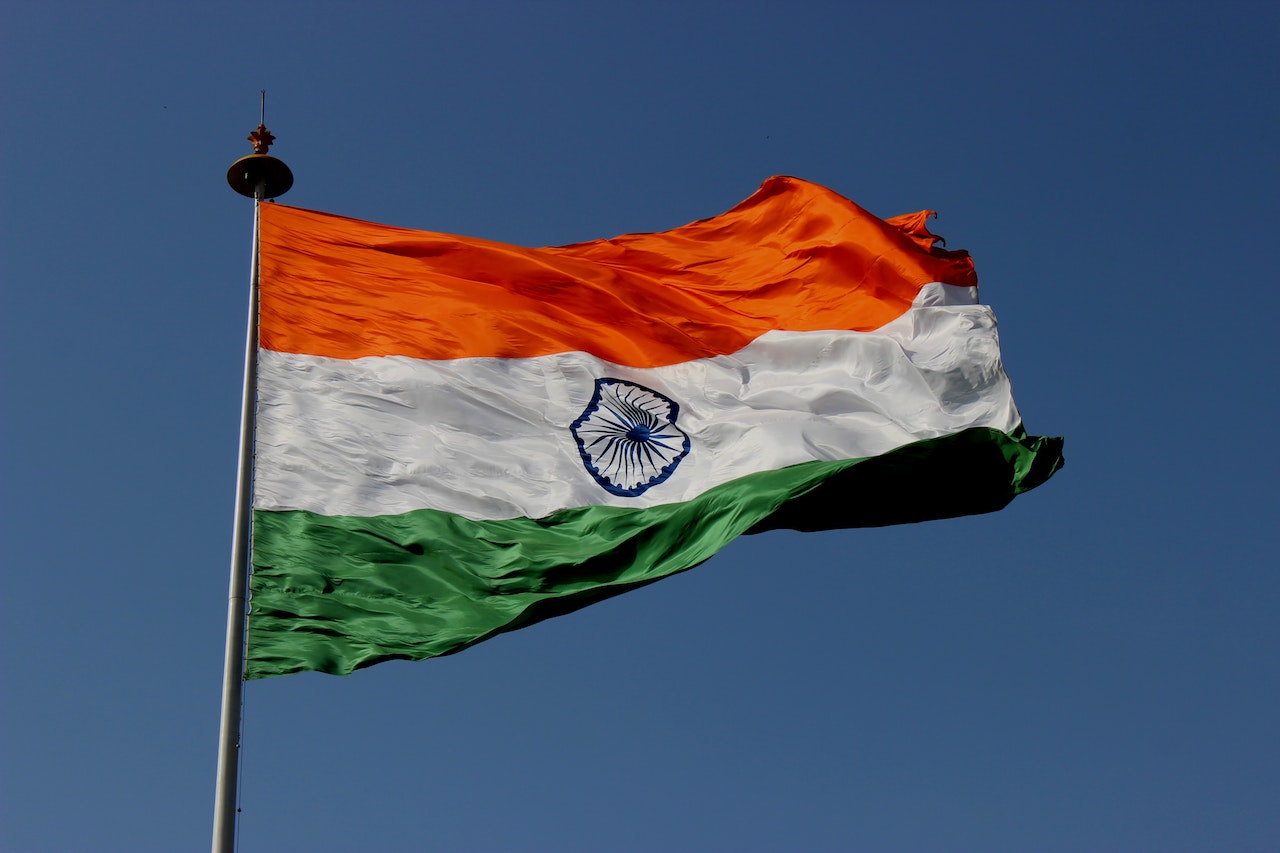India, The global landscape is witnessing a tectonic shift as two Asian powerhouses, China and India, make their mark. While China’s meteoric rise, backed by its economic might and infrastructure initiatives, has long captivated developing nations, India is now carving out its niche as a potent contender in the leadership of the “global south.”
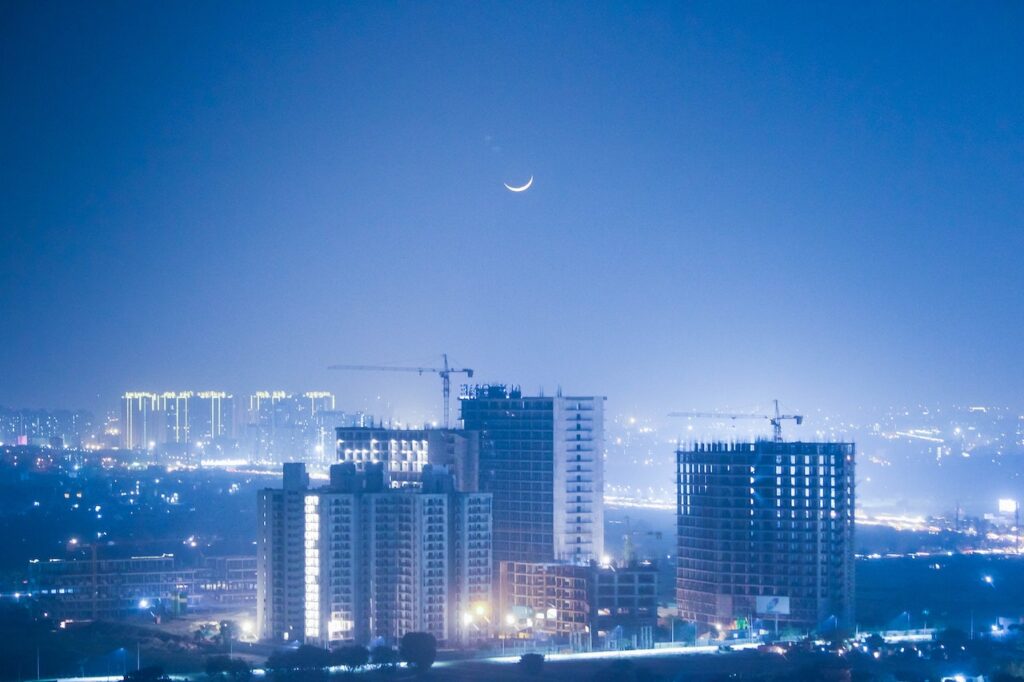
China’s transformation from an impoverished nation to a global behemoth has served as a blueprint for many emerging economies. Its commitment to fostering development through trade, loans, and expansive infrastructure projects has funneled billions into nations in dire need. However, the winds of change are blowing. India, rejuvenated and assertive, is emerging as an alternative beacon for these nations. Distancing itself from China’s approach, India is championing a role as a harmonizing force between the West and the developing world, urging a recalibration of the global paradigm.
The recent Group of 20 summit in New Delhi stands as a testament to India’s burgeoning influence. Rallying the support of fellow developing nations, India adeptly navigated Western powers to recalibrate their stance on the Russian invasion of Ukraine. This diplomatic maneuvering ensured that the summit’s spotlight remained on pressing global issues, such as climate financing and global debt. A crowning achievement was India’s instrumental role in inducting the African Union into the G20, elevating it to a stature akin to the European Union.
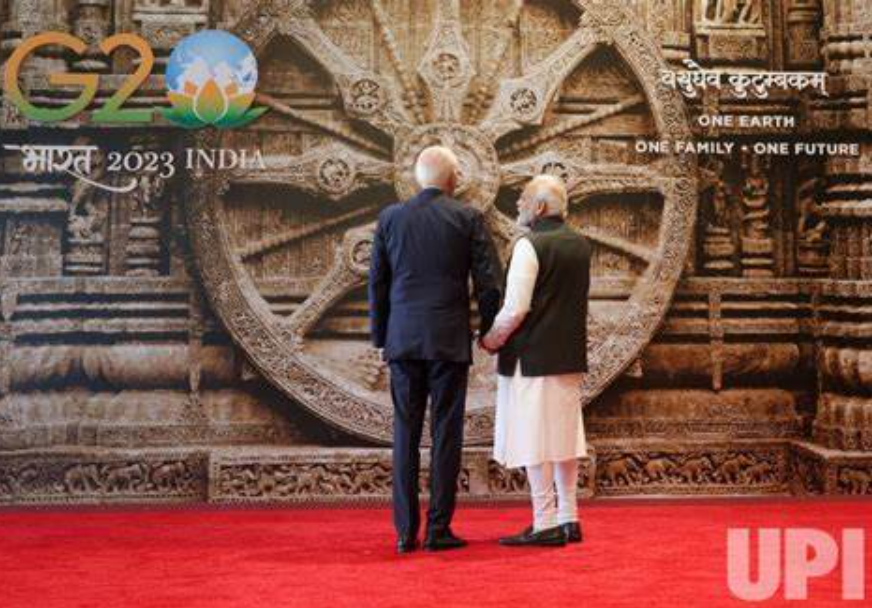
Esteemed diplomat and author, Kishore Mahbubani, underscores the evolving global dynamics. He opines that while the West’s dominance is on a downward trajectory, the global south is ascending. Amidst this flux, Mahbubani identifies India as the quintessential bridge between the West and the rest.
India
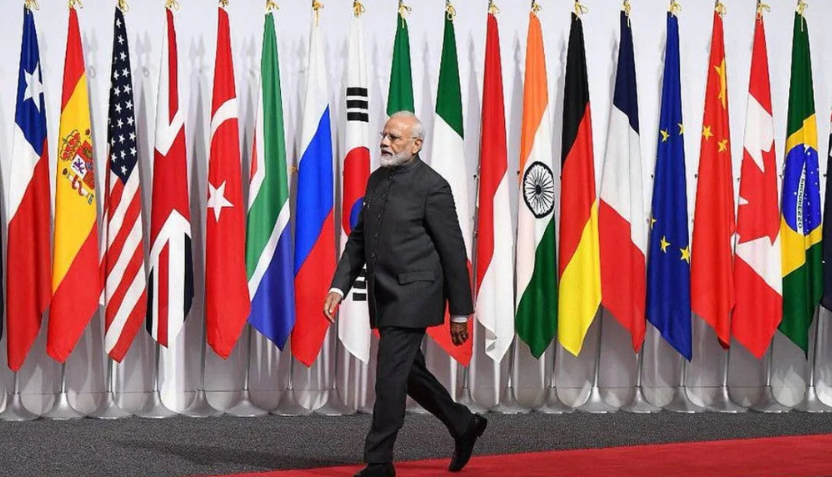
In the current geopolitical matrix, where U.S.-China tensions cast a long shadow, India’s balanced approach resonates with many. Both superpowers face their share of detractors. The U.S., with its military-centric stance, and China, with its debt-heavy Belt and Road initiative, have faced criticism. India, in contrast, offers a refreshing alternative, emphasizing collaboration, addressing shared challenges, and pledging to rejuvenate global institutions.
Yet, India’s ascent is not without its hurdles. Its domestic challenges, coupled with the current government’s policies, have sparked debates. However, with the West scouting for allies to counterbalance China, India’s strategic significance is undeniable.
China’s conspicuous absence from the G20 summit offered India a unique window of opportunity. Prime Minister Narendra Modi’s affable engagements with global leaders, notably President Biden, underscored India’s evolving role. While India treads cautiously with China, it is simultaneously amplifying its global footprint through trade and diaspora-led engagements.
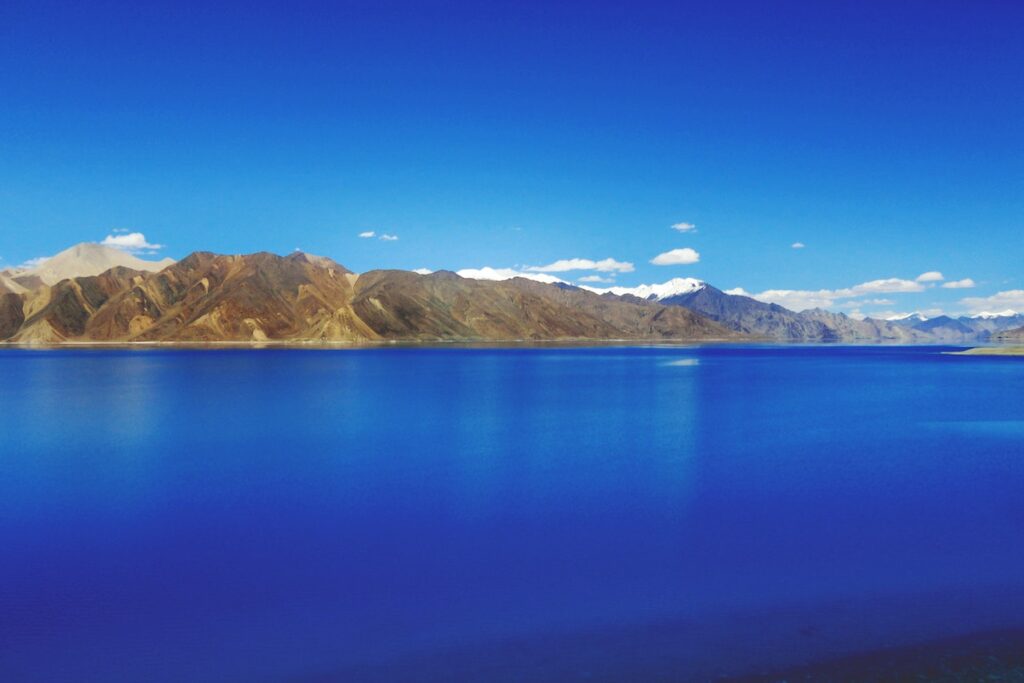
India’s commitment to the global south is palpable. Its recent initiative, the Voice of Global South Summit, accentuated the need for a revamped global governance structure. However, China remains unyielding in its confidence, particularly in pivotal sectors like trade and development finance.
The dynamics at the recent BRICS summit were telling. Despite India’s assertive global south outreach, President Xi Jinping of China remained the cynosure. As analyst Ziyanda Stuurman succinctly puts it, “Money talks.”
China remains wary of India’s burgeoning ties with the West. Chinese media outlets caution against the West’s purported strategy to leverage India against China. However, post the G20 summit, India’s ascendancy on the global stage is undeniable.

[cnn.com]
In conclusion, as India deftly navigates the intricate maze of global politics, its evolving role in the global south is clear. India is not merely a spectator but a pivotal actor in the global theater.


